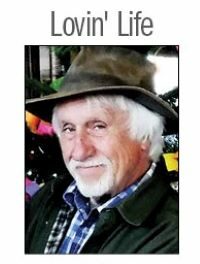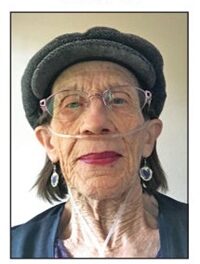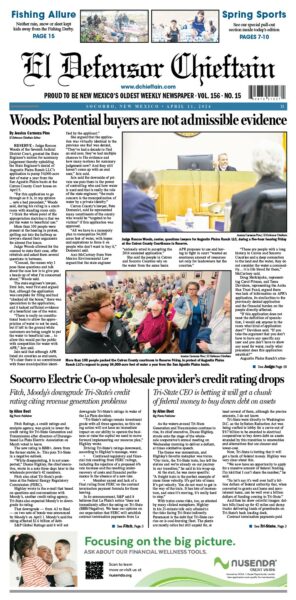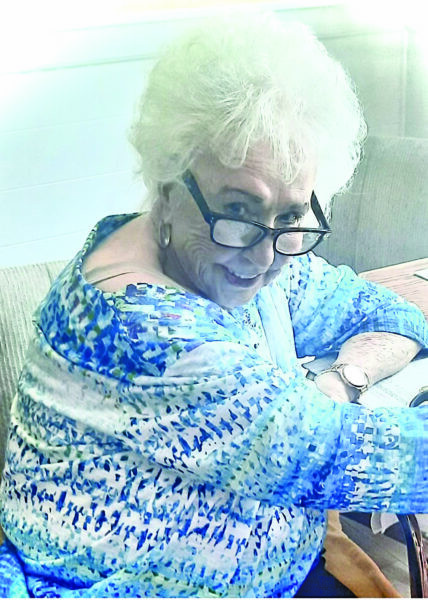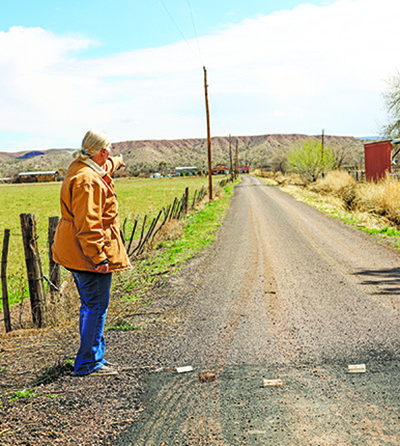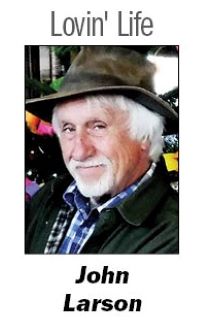
A rhetorical question to be sure, but one Tuesday morning in June 1944 was rare, indeed. It was like any other morning in late spring, except for the minor fact that upwards of 150,000 troops were raising quite the ruckus on the beaches of France.
This last Tuesday, June 6, was the 79th anniversary of D-Day, the invasion of Normandy and the beginning of the liberation of Europe. I was talking with a friend last weekend who lamented the thought that many young people today may have never heard of D-Day, or at best, had heard about it but weren’t aware of its significance in 20th century history.
I can’t speak to that, but back in high school, we mostly learned history from war to war, as far back as the Peloponnesian and Punic wars and through the American Revolution and up to World War I and a smidgen of Korea (this was before Vietnam). But there’s that one war that stands apart from all the rest. The big one. The one the world is still dealing with. The one about which tons and tons of books and movies are still being made.
In point of fact, every June 6 finds me putting in the DVD of the 1962 movie “The Longest Day,” the epic chronicle of D-Day that runs about three hours and stars everyone from Sean Connery to John Wayne. While it is not anywhere nearly as graphic as the first 20 minutes of “Saving Private Ryan” or the second hour of “Band of Brothers,” it presents a comprehensive picture of the thousands of American, British, Canadian and Free French troops that came ashore that day–from Utah Beach and Pointe Du Hoc to the beaches of Omaha, Gold and Juno, up to the British bagpiper leading the charge on Sword. And it was filmed on the actual beaches, with many of the veterans of the D-Day invasion taking part in the filming to ensure accuracy.
To say that World War II changed the world, to be honest, might sound like hyperbole to today’s younger crowd, but it’s the truth, nevertheless. Nuclear weapons notwithstanding, many things we use daily came out of that war; everyday things were invented to solve a particular problem or fill a unique wartime or combat need. I’m talking about microwave ovens, super glue, cargo pants, computers, freeze-dried food, synthetic oil, RADAR, and yes, duct tape.
If I may, I confess to having corrected people who referred to it as “duck” instead of “duct,” but that’s really a gray area, or at best, an olive-drab one. During World War II, when the military had a need for waterproof sealing tape for ammunition boxes, the Johnson & Johnson company put some glue on the back of strips of what was called duck cloth, that canvassy waterproof material for hunters’ hats and pants. Hence, duck tape. Suitable for sealing ducts!
I never knew anyone who was involved in the D-Day landings; my dad at the time was a radio operator in the Army Air Corps at Gardner Field out in California, a far cry from the Normandy beachheads. Those of us “OK boomers” have heard from our parents about what they went through in the first half of the 1940s, but here we are over three-quarters of a century later, and that war still piques the interest of every generation. For that matter, by the time he was 10, my Gen-Z grandson Jacob was asking about Schicklgruber. Frankly, it galls me to type out Schicklgruber’s birth name, but I prefer that derisive moniker used by many Americans during WWII instead.
Speaking of derision, if I may digress, one must give credit to the Three Stooges for their unmerciful portrayals of Adolf “Hailstone,” Hermann “Gallstone” and Joseph “Pebble” in the comedy short “You Nazty Spy!” in 1940. Political punnage, eye pokes, and nyuck-nyucks ensue.
Fun Fact: It was the first Hollywood film to mock “that paper-hanging S.O.B.,” as Gen. George Patton so eloquently referred to him. Moe, Larry and Curly did their part again, skewering der Führer and his cohorts in 1941 with their short “I’ll Never Heil Again.” It ended with the three above-mentioned evil-doers being roasted in Hell. No doubt it was much appreciated by 1941 American movie-goers.
End of Stooge digression.
Of all the ceremonies that observed D-Day, the big one was held in France, where thousands descended on Normandy to pay homage to the soldiers, sailors and airmen who took part in Operation Overlord and the Battle of Normandy; in Gen. Eisenhower’s words, “to bring about the … elimination of Nazi tyranny over oppressed peoples of Europe, and security for ourselves in a free world.”

